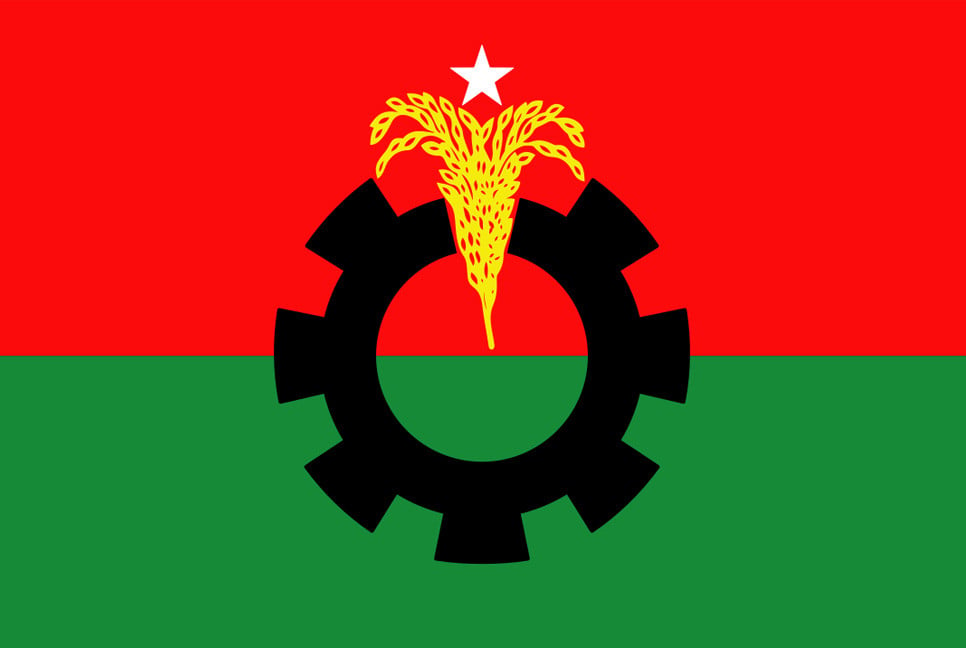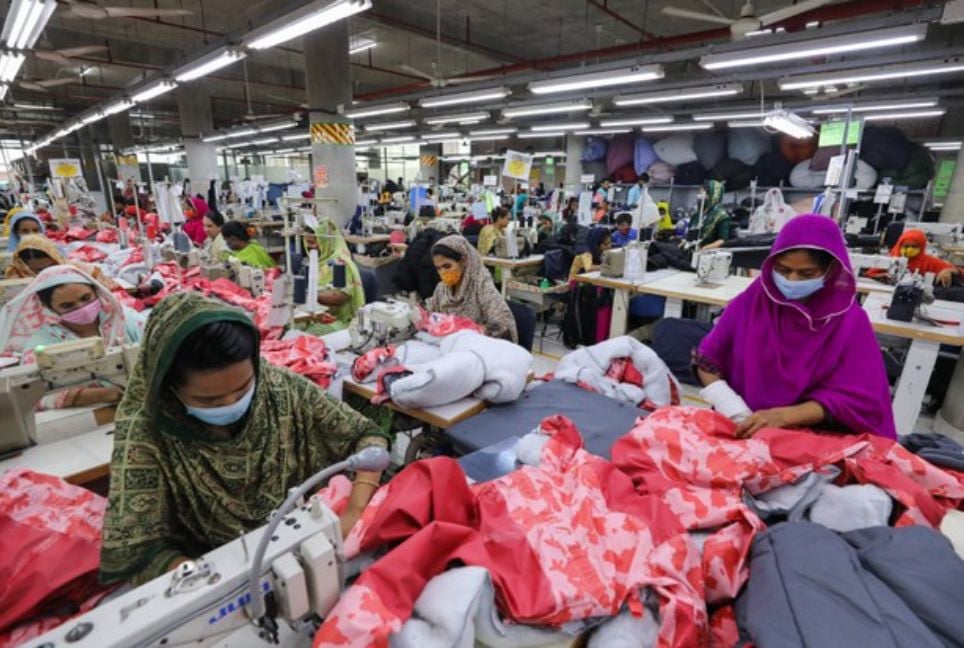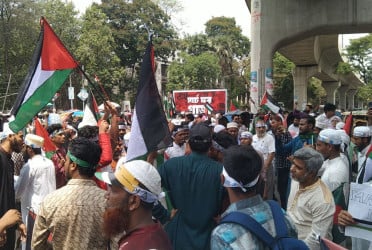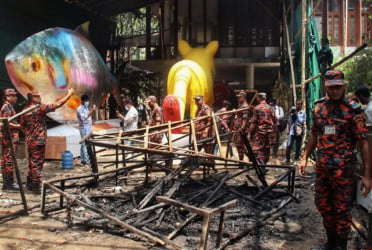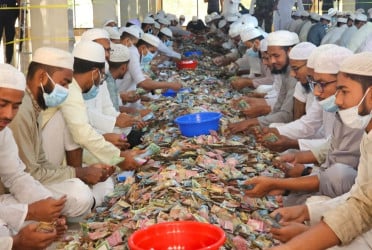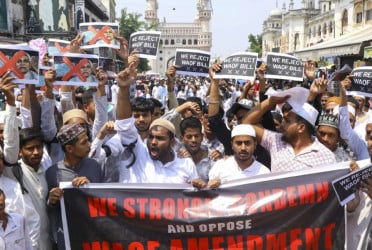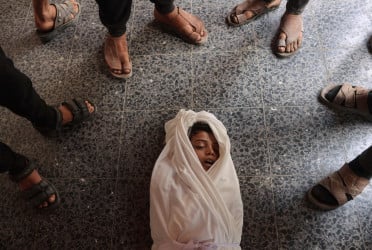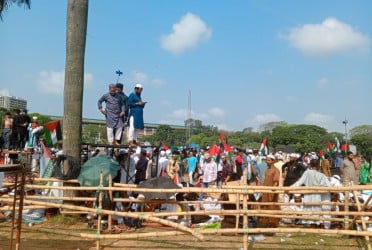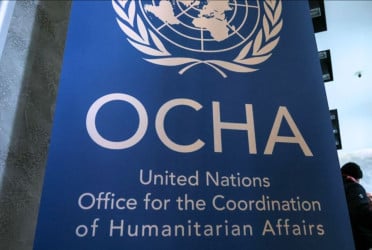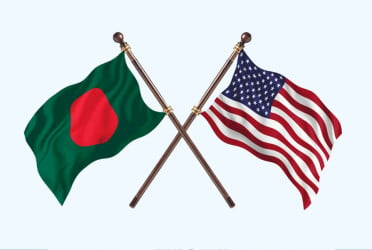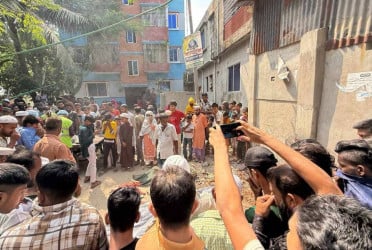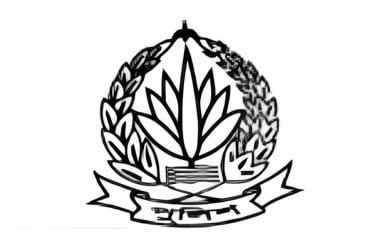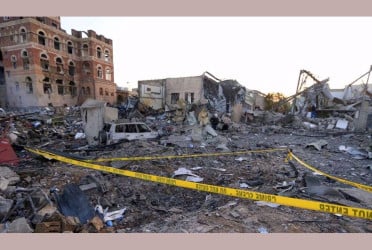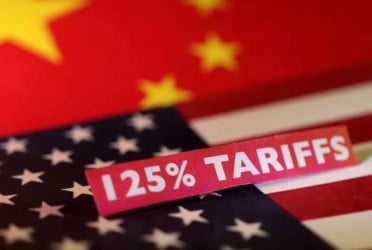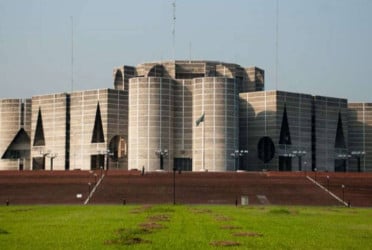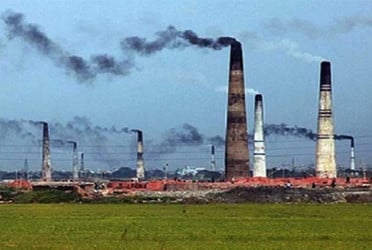Following a 37 percent tariff hike on Bangladeshi exports, uncertainty is rising over the shipment of goods to the United States.
Garment owners have stated that nearly 800 million US dollars worth of ready-made garment shipments have already been dispatched, equivalent to about 10,080 crore Bangladeshi Taka. Some of these goods are at the port, while others are on ships. After the announcement of the tariff hike, no one can predict what the United States' stance will be on these shipments.
Moreover, even before the tariff increase announcement, factory owners are unsure about what kind of tariff will be imposed on goods that have already been ordered and are being produced in factories for shipment to the United States.
Sources indicated that the sudden announcement of the tariff increase has created significant challenges for the garment sector, causing major concerns among factory owners. A top businessman from the garment sector and an FBCCI leader has reportedly gone to the United States to understand how buyers (clients) will respond to the shipped goods.
Mohammad Hatem, President of the Bangladesh Knitwear Manufacturers and Exporters Association (BKMEA), told Bangladesh Protidin , “The primary concern right now is the shipment of goods. Approximately 800 million US dollars worth of goods are exported to the United States every month. Accordingly, goods worth the same amount as last month are now waiting at the port or on ships for shipment. As for the products being produced in factories from previous orders, we do not know what will happen to them.”
Factory owners say that on April 2, the US President imposed a 37 percent tariff on Bangladesh, among other countries, and this decision will come into effect on April 9. The goods that were shipped and those being produced in factories were ordered before the tariff announcement, but will reach the United States after the new tariffs are imposed. As a result, there is uncertainty about the status of these goods and shipments.
The BKMEA President noted, “If shipments are postponed, the back-to-back liabilities will turn into defaults, and banks will not open new letters of credit (LC) if the liabilities are not settled. This could force factories to shut down, and workers' wages and benefits could be at risk.”
Concerns about the earnings of 5 million workers: According to information presented in the National Parliament in June, last year; 50 lakh 17 thousand 652 workers are employed in the country's garment sector.
According to the Bangladesh Garment Manufacturers and Exporters Association (BGMEA) (based on the biometric database), there are 33 lakh 17 thousand 397 workers in garment factories, with 52.28 percent of them being female workers.
On the other hand, the BKMEA states that there are 172,255 workers in the knitwear sector, with 62 percent being women. Overall, the country’s ready-made garment industry employs 5,017,652 workers, of which 55.57 percent (2,788,616) are women. If shipments are delayed due to tariff-related complications, low-income workers will be the first to face difficulties.
Syed Sultan Uddin Ahmed, Executive Director of the Bangladesh Institute of Labor Studies (BILS) and Chairman of the Interim Government's Labor Reform Commission, said, “When Business dealings are harmed due to the imposed tariffs, the first impact will be on workers' earnings and employment.”
He added that the US's tariff decision must be addressed both politically and diplomatically, and preparation must be made swiftly to handle the situation.
Kazi Md Ruhul Amin General Secretary Bangladesh Garment and Sweaters Worker Trade Union Centre, said, “If the export-oriented garment industry’s income decreases due to the US's excessive tariffs, the biggest impact will be on workers.”
He explained, “Factory owners in Bangladesh are naturally inclined to maximize profits, and if factory income decreases for any reason, they may try to offset the loss by cutting workers' budgets. As a result, we fear that if the US tariff leads to negative effects in the garment sector, the country's workers will suffer the most.”
(Translated by Afia Nanjiba Ibnat)
Bd-pratidin English/ Afia




